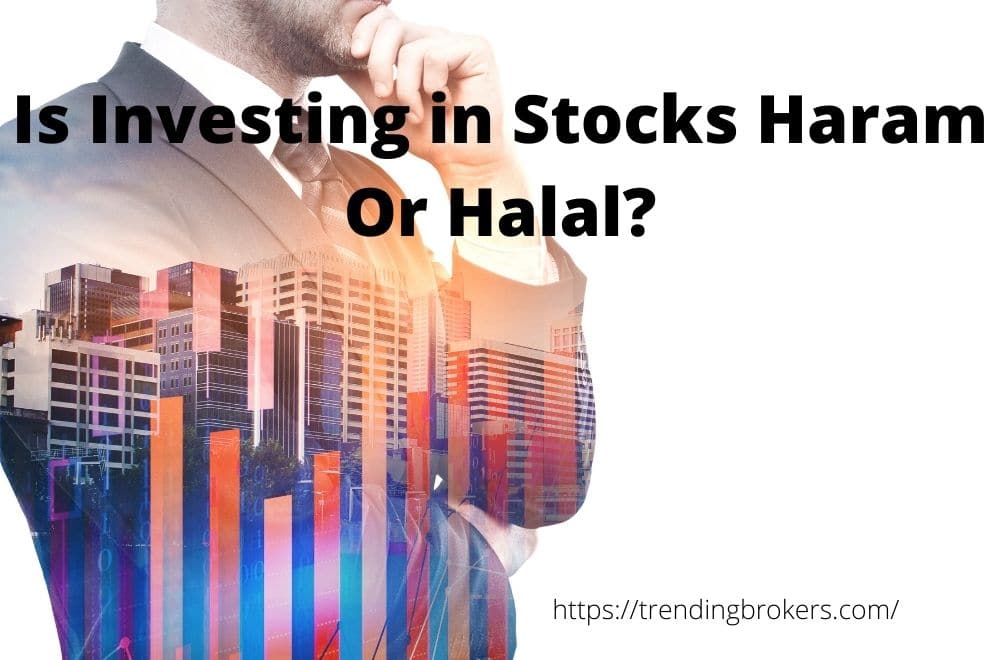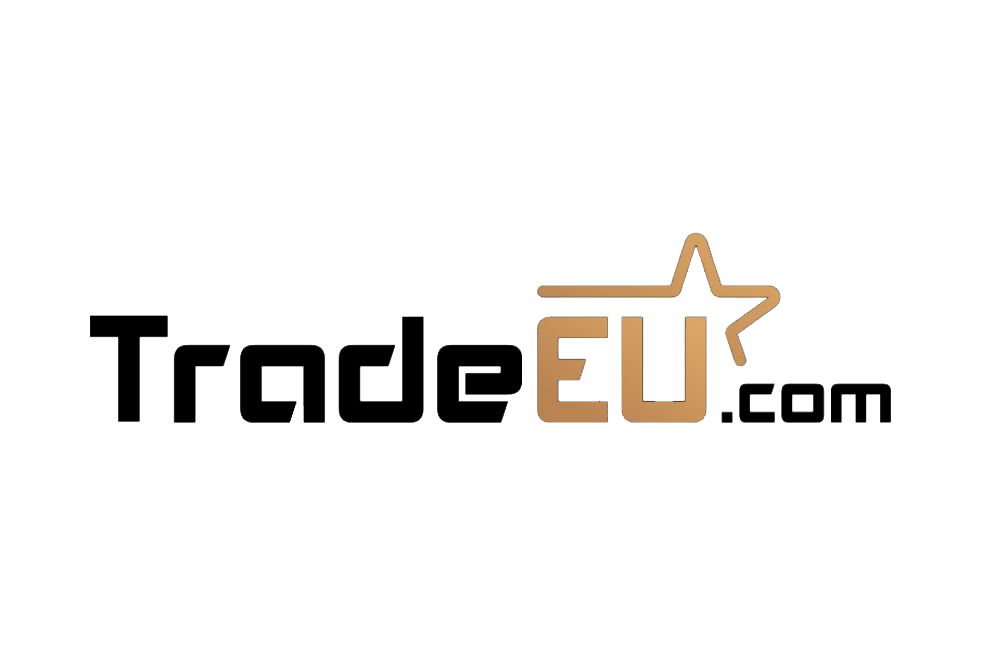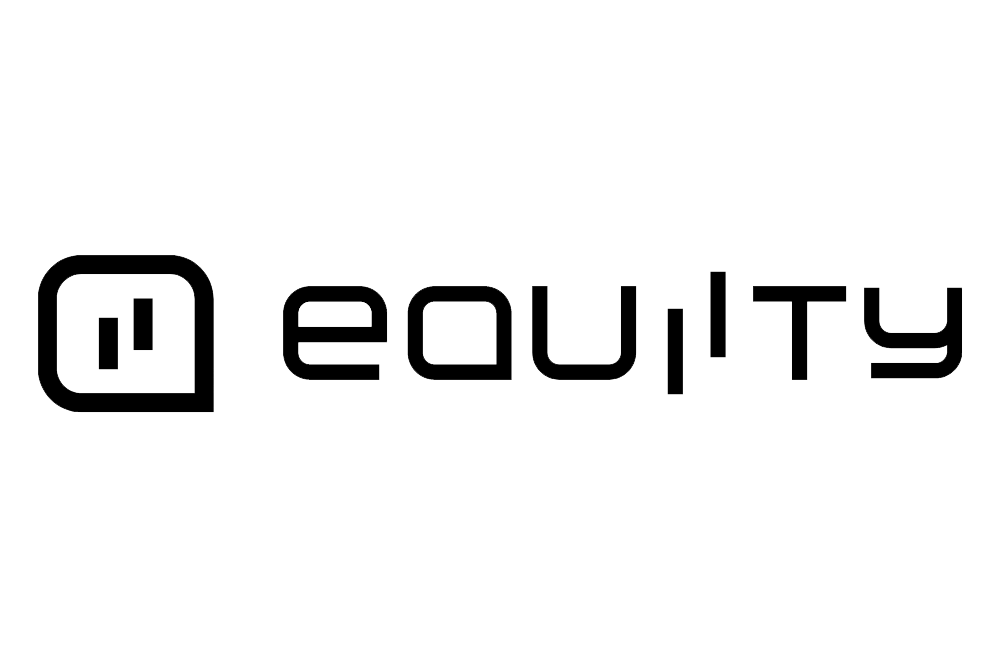With one-quarter of the world’s population being Muslim and the growth of internet trading, the subject of how intraday trading fits into Islamic law is becoming more and more prevalent. This page will look at a variety of perspectives and sources to determine whether day trading is halal or haram. It will dissect currency, equities, and binary options in particular and attempt to provide Halal recommendations.
A halal broker is one that offers traders a specific trading account that complies with Islam’s trade-related rules. Fast trade execution, immediate settlement of transaction expenses, and zero interest rates on trades are examples of such criteria.
For Muslim traders who are interested in learning more, we shall go into greater detail later in this post.
Halal Investment
Is Investing in Stocks Haram or Halal? Is Investing in Stocks Haram or Halal? Halal investing is a word that refers to Shariah- biddable investments. Halal investing can also be seen as a kind of socially responsible investing in a moment’s terms. Shariah’s goal, according to Islam’s fundamental precepts, is to safeguard and preserve five areas: religion, life, property, intellect, and family. Shariah’s doctrines and rules help to build a balanced ecology of social responsibility between society and individuals.
While it is not forbidden to pursue one’s own interests, it is expected that they do so without disregarding the interests of others. Shariah was created to oversee a harmonious interaction between individuals and society.
Only God has the authority to declare something halal or haram in Islam. No one else has the authority or power to declare something halal or haram. However, it is apparent that the Quran and Sunnah do not cover everything. Only by defining specific principles can a Muslim determine whether or not something is halal for him to do or consume.
To begin with, it is implausible to suppose that God revealed everything categorically during the time of manifestation. Instead, God has revealed a set of rules to help us make decisions in our daily lives. When it comes to investing, there are a number of options that are available.
Muslims can now invest in a variety of financial products that are shariah-compliant. This means that there are scholars who can determine whether or not an investment is halal.
When a trader properly comprehends these assets and trades them as a company, bitcoin and cryptocurrency trading is regarded as halal. Trading these assets without fully comprehending them, on the other hand, is regarded as haram in Islam and is comparable to gambling.
Is Buying Shares Halal?
Purchasing stocks is commonly believed to be permissible but not haram. This is because you are simply a stakeholder in a corporation. You must, however, check that the company in question is not engaging in un-Islamic commercial practices. Alcoholic beverage and gambling companies, such as Guinness, would be forbidden. Companies can be divided into three categories from an Islamic perspective:
Shipping, manufacturing, healthcare, real estate, and supplies, among other industries, are completely free of haram behaviours or transactions, such as deceit and borrowing based on unjustifiable lending. Therefore, these businesses are also characterised as clean businesses.
Halal shares are those shares in companies that engage in interdicted practices. This includes alcohol, hospices, clubs, pornographic accouterments , and so on. The stock request is haram under these conditions.
incompletely haram practices grounded shares; while the maturity of the work is respectable, some practices are haram. Transportation companies, for illustration, have interest- bearing bank accounts and are constantly financed through riba- grounded loans, while individualities are funded from stocks. ‘Mixed’ companies are those that fall within this category.
The most straightforward way to avoid any potential conflict is to avoid trading stock shares at all. However, there is still considerable wiggle room. In some cases, you may be permitted to trade while being halal.
These investments are available in a variety of asset classifications. There are actions that fall in the middle ground between halal and haram when categorising certain economic operations as halal or haram. The most crucial of these is the intent, which we addressed before.
While a single action may not be regarded haram in and of itself, it is not halal if the motive is evil. We previously used the example of investing just for the purpose of making a fast buck rather than investing for the long term to enhance your life.
Is Short-Term or Day Trading Halal?
Numerous angles of a Muslim’s life from social to profitable are governed by Islamic precepts. All of this is laid forth in the Koran and Sharia Law, which literally means course to be followed. However, black and white lines can soon blur when it comes to day trading.
One of the most serious problems is the risk-sharing aspect. Sale and buy-back agreements, profit sharing, credit sales, and deferred payment sales are all examples of regulated elements.
Please keep in mind that this website is not a religious authority on Islamic day trading. To confirm that your trade operations are Halal, we recommend consulting with a religious authority who can take your specific situation into account.
There will almost certainly always be a debate over whether day trading is halal or haram. However, it’s also worth noting that, despite extensive research into a variety of sources, this page is not attempting to provide readers with religious guidance. Instead, it seeks to compile points of view and present them in an easily digestible style.
While there are still a significant number of people who believe Islamic day trading is halal, the most significant actions you can take are to carefully select your broker and review your trade decisions using halal criteria.
Viewpoint of Islamic Authorities
The Shariah Board, a panel of Islamic experts and academics, identifies investment items and determines whether or not they are compliant with Islamic law. In general, the board will exclude investment products that earn a considerable portion of their revenue from the sale of meat, alcohol, pornography, military equipment, or gambling.
According to a research study on the relationship between Islam and investment, the scopes of Islamic law pervade all parts of a human being’s existence, which encompasses many subjects.
Because Islam controls every area of a believer’s public and private interests, Shariah has already established norms for stock markets in theory.
Halal Stocks
- Manufacturing
- Tools
- Clothing and footwear
- Shipping or transportation
- Furniture and home items
- Real estate
- Medical and pharmaceutical equipments
Haram Stocks
- Alcohol
- Pornography
- Hotels and nightclubs
- Insurance companies
- Tourism
- Banks that engage in unjustified lending
Forex Halal Investments
Foreign exchange investments are considered halal under Islamic law. Stock trading is admissible as long as the underpinning companies follow halal principles. For illustration, Muslim FX dealers would be unfit to trade shares in gambling or alcoholic libation companies.
There is no interest or riba in forex trading because it is done with swap-free trading accounts. Many brokers provide swap-free trading accounts, which don’t charge or pay interest on open positions overnight. In most cases, forex trading would be considered halal. Trading forex has no interest component, and trades are normally done one-on-one. Currency and commodity exchanges, however, do not contradict Islamic principles.
Understanding Islamic Account
An Islamic swap-free account is a type of investment account available to Muslim traders through brokers. This unique account is for people who are unable to utilise swaps because of their religious views. Swap-free accounts are usually based on FX and do not allow for overnight rollover interest. To know that is investing in stocks haram or not, you need to understand the features of Islamic account deeply.
Swap-free Islamic accounts feature the same trading conditions and terms of service as other accounts offered by a broker, but they are swap-free. On contracts that last longer than one day, such accounts do not charge interest, and there are normally no hidden fees. In addition, for contracts lasting more than one day, the broker will not accept any rollover commissions.
If you want to open an Islamic account, we recommend PrimeFin Islamic Account. However, to prevent infringing any Islamic restrictions, it’s critical to open such an account with a verified and trustworthy broker.
Islamic CFD trading
While FX trading may be considered halal, CFD trading in its most basic form is considered haram. CFD trading does not require product ownership. Rather than owning any stock, the trader must forecast the price of a commodity. This would technically be termed riba, which is highly forbidden in Islamic law. Similarly, CFD traders generate profits by leveraging stock prices, which Islam prohibits.
Some Muslim traders have discovered that swap-free accounts allow them to trade CFDs in a halal manner. These accounts are set up to prevent users from taking or providing riba of any kind. You can also get the idea of ‘is investing in stocks haram’ through Islamic CFD trading activities.
Portfolio Diversification Problems in Shariah Law?
Even for the most ardent Shariah-compliant investors, portfolio diversification can be a difficult undertaking. When it comes to Shariah-compliant/Halal investing, most portfolios begin with an excessive quantity of cash and stocks.
Bonds, according to most financial consultants, should make up 25-75 percent of an investor’s investment portfolio because they are a fantastic source of consistent income. There is, however, a hitch in this situation for investors seeking Shariah-compliant/halal investment options. Bonds, as is commonly known, pay interest to the investor.
Bottom Line
Now you get the answer to the question ‘Is investing in stocks haram’. Many potential Muslim investors are interested in investing but are unsure of what is considered halal and what is considered haram. While this topic is deep and complex, the principles of halal and haram in investment are straightforward. A Muslim cannot invest in a company that produces pornography, liquor, gambling, toxicants, or other products that violate Islamic law.
ABInvesting is one of the best brokerage services that offers Islamic accounts with ample benefits, including world-class trading tools and opportunities. However, it’s also a good idea to stay away from companies who make the majority of their money through interest.


